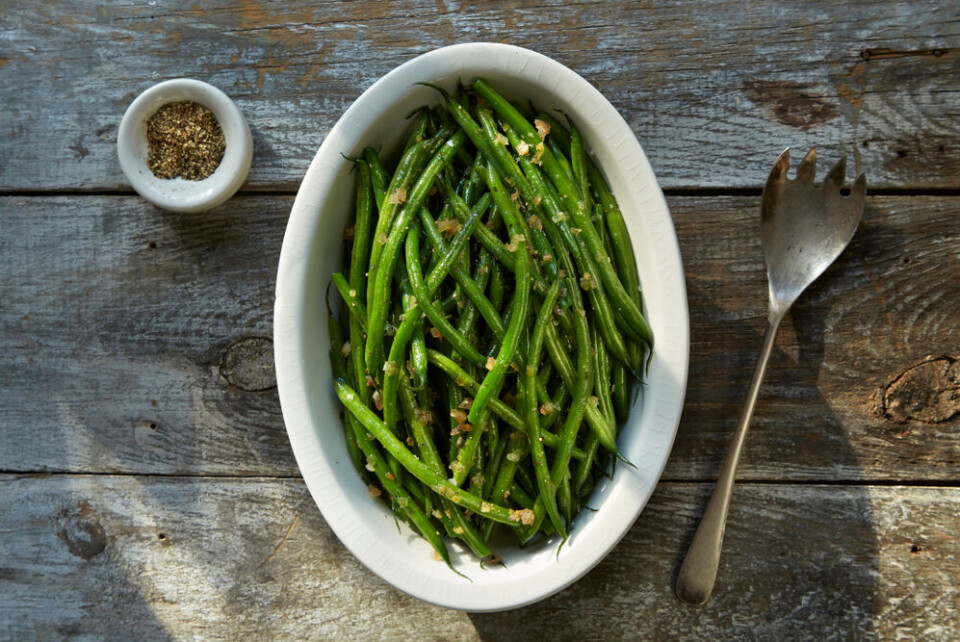-
When and why do we say c'est la sardine qui a bouché le port de Marseille?
Marseille, a ship, a very big sardine, and a stereotype
-
Hungry, peckish, stuffed: 11 French phrases to do with food and eating
These phrases help to talk about one of the most important subjects in France - food
-
Mardi Gras: 12 traditional carnival sweet treats to try in France
Gaufres, bugnes, merveilles and more
Haricots verts: why this humble bean is France’s green giant
In our series providing a sideways glance at French food, we look at the légume that dominates ‘meat and one veg’

One thing about French life, and mealtimes in particular, – as anyone newly resident here will soon learn – is that the Anglo-Saxon concept of ‘meat and two veg’ is not really the done thing.
Rather, starving carnivores expecting a plateful of carb-loading goodies (where are my spuds?) to accompany their viande will often be disappointed – ‘meat and one veg’ would be more apt.
To this food noter’s mind, the main culprit – or beneficiary, depending on your take on it – of this meagre return, is the plain old haricot vert.
The French simply cannot get enough of the innocuous Phaseolus vulgaris – vulgaris means ‘common’, after all – which appear in voluminous piles at every hot buffet imaginable, from a work’s canteen to a busy Flunch restaurant. The beans are an omnipresent accompaniment to meat or fish, from a gigot d’agneau serving to a grilled filet de saumon.
Their popularity are borne out by hefty production volumes: figures from 2018 show that haricots verts comprise 13% of all surface area given over to vegetable production in France, just behind petit pois with 16%.
A big difference from British tastes – we tend to prefer them with a little crunch – is that the tinned (en conserve), industrially prepared version is more popular: soft and with most of their naturally bright green colour (and vitamins?) cooked out.
The good news for those that find the tinned version underwhelming is that there are plenty of ways to pimp your Phaseolus: wrap them in bacon for a tasty fagot, put them into a gratin with mushrooms, or liberally add them to your homemade salade niçoise.
Related articles
Thou shalt not overcook: How Gault & Millau’s style freed French chefs
French food notes: The salty tale behind Jambon de Bayonne
French food notes: Traditional Dijon dish was created by twist of fate
























